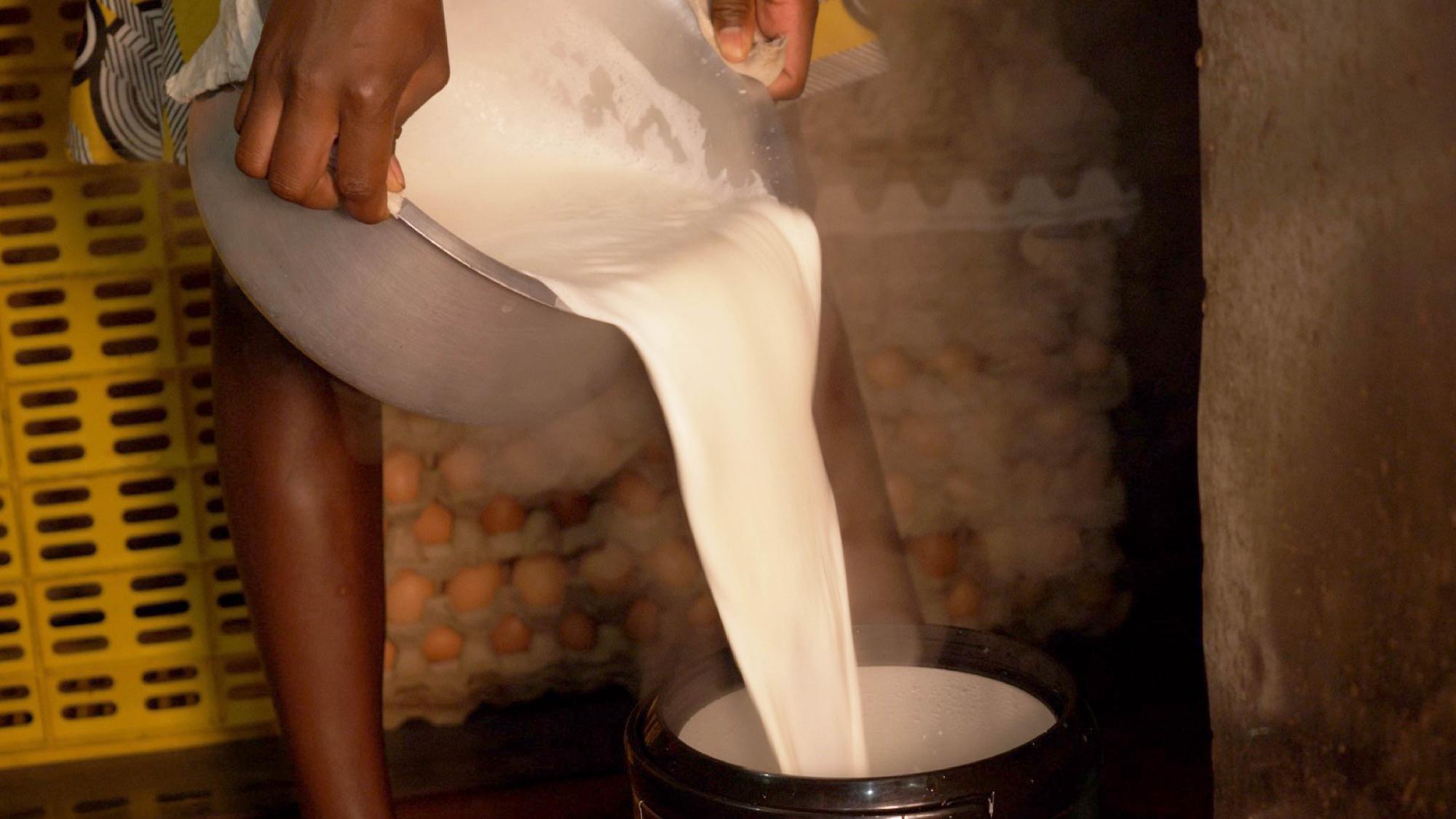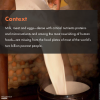
Context
Milk, meat and eggs—dense with critical nutrients proteins and micronutrients and among the most nourishing of human foods—are missing from the food plates of most of the world’s two billion poorest people.
Core message
- When livestock-derived foods – dense with critical nutrients, proteins and micronutrients – are missing, this frequently causes infectious diseases, stunting, anaemia, and premature death
- These foods provide several important nutrients—including iron, zinc, vitamins A, D, taurine, creatine and choline —in forms that are readily absorbed and processed by the body.
- People living in severe poverty typically don’t have access to these foods, they subsist almost exclusively on cheap starchy cereals, roots and tubers.
- Moreover, the developing world’s many smallholder farmers that raise livestock rarely consume their own products; they tend to sell these ‘primary foods’ for cash to buy cheaper foods for their own families.
- This widespread form of undernourishment—particularly affecting mothers, infants, schoolchildren, the sick and the elderly—causes considerable harm.
- For example, some 149 million children under five suffer the devastating effects of stunting (low height for age) and 45.4 million are wasted (low weight for height), after which they are unlikely to attain their full potential height or cognitive potential. Zinc deficiencies contribute to some 800,000 deaths annually in children while high rates of iron-deficient anemia have been linked to a 4.5% reduction in GDP. Both of these micronutrients are available in livestock-derived foods in a form that is easily absorbed by the body.

